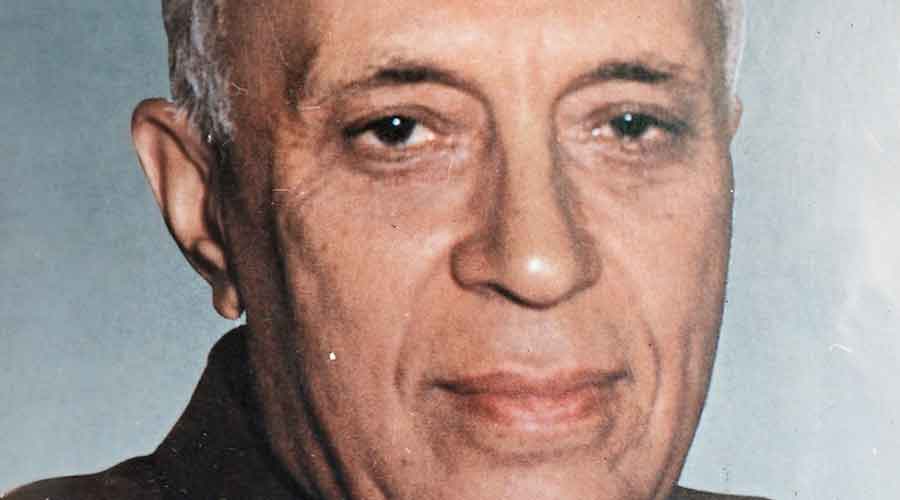India’s foundational laws were passed in the two decades that Jawaharlal Nehru was an elected lawmaker. While most Nehruvian legislations were consistent with his stated ideologies, some veered from them and revealed the evolution of Nehru’s legislative thinking from that of a freedom fighter to that of a prime minister. Three such legislations deserve critical scrutiny.
The first amendment to the Constitution came within months of its original adaptation. It inserted a restriction to free speech that could harm “friendly relations with foreign states”. In the same amendment, the right to free ownership of property was trammelled too, portending the end of the centuries-old zamindari system. The abolition of zamindari was the stated intention of Mahatma Gandhi and the Congress leadership since the mid1930s and it fit perfectly in line with Nehru’s Fabian socialism, but it added another restriction to free speech, which did not toe Nehru’s ideology as a freedom fighter. He did not stop there. The Press (Objectionable Matter) Act, 1951 and the Cinematograph Act, 1952 — it provided for the pre-release censoring of movies — came swiftly after.
The Constitution (Scheduled Castes) Order, 1950 shines a counter perspective on the first prime minister, a man often accused by the right-wing of being a minority appeaser. The 1931 census comprehensively identified scheduled castes and scheduled tribes and listed them in the Government of India Act, 1935 as “Depressed Classes”. Upon its adaptation, the Constitution merged the list into itself and provided for positive discrimination (reservation) for all those listed castes; but a 1950 and a 1956 Order added a catch: you had to profess Hinduism or Sikhism to benefit from it. Muslims were conspicuously left out.
The Armed Forces (Special Powers) Act, 1958 is another legislation that belies basic constitutional promises. It originated in the ordinance promulgated to suppress the Quit India Movement in 1942 for which Nehru himself was imprisoned for three years. But once in power, he found it necessary to give the law aplace in India’s liberal constitutional order.
Do these legislative compromises indicate Nehru’s ideological promiscuity? I argue not. Nehru was leading a young, massive, impoverished nation in the post-colonial world, raring to forge its own identity by lending itself to democracy with universal franchise — a political system that had never been tried in India before. All the while, the ghosts of Partition hung about like a dense winter smog. In Nehru’s mind, restricting the right to life was necessary to keep Assam in the Union, restricting S.P. Mookerjee’s freedom of speech — he was unremittingly calling for war with Pakistan — was necessary to avoid war and bloodbath, restricting the benefit of reservations to Hindus and Sikhs was necessary for his bigger audience. Each of these legislations could be assailed on various legal tenets, such as proportionality; but what they cannot be assailed for is Nehru’s intent and method.
Did he need these for electoral wins? Unlikely. The reform of Hindu personal laws is instructive in this respect. To outlaw polygamy, allow inter-caste marriage and give Hindu women inheritance rights were Ambedkar’s ideas, but he did not live long enough to see them to fruition. The then president, Rajendra Prasad, resisted it on the grounds that there forms interfered with personal faith of the Hindus. But Nehru, in the penultimate year of his first term, would not have any of it. He pushed the laws through. In a testament to his popularity, the very people whose personal laws he had apparently ‘interfered with’ returned him to power with an even bigger mandate.
Nehru’s legislations were not perfect, but he was a nearly perfect legislator. He reached out to both his electorate and his fellow parliamentarians. His cabinet was not a rubber stamp (in fact, it included members of the Opposition). He allowed the ideas of modernity to inform legislations, but he knew his constitutional limits. His precedence of consultative methods in lawmaking proved to be the safety valve that ensconced India in a firm democratic hold long after Nehru was gone. Nehru’s method is his legacy.
Kabeer Shrivastava is an advocate











